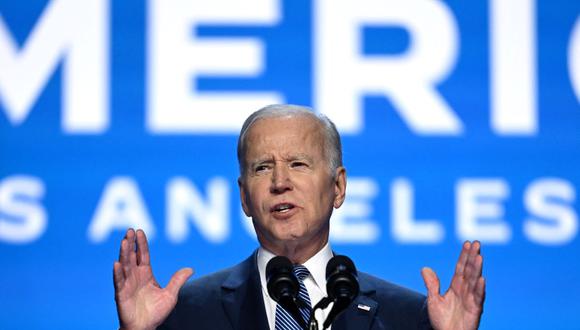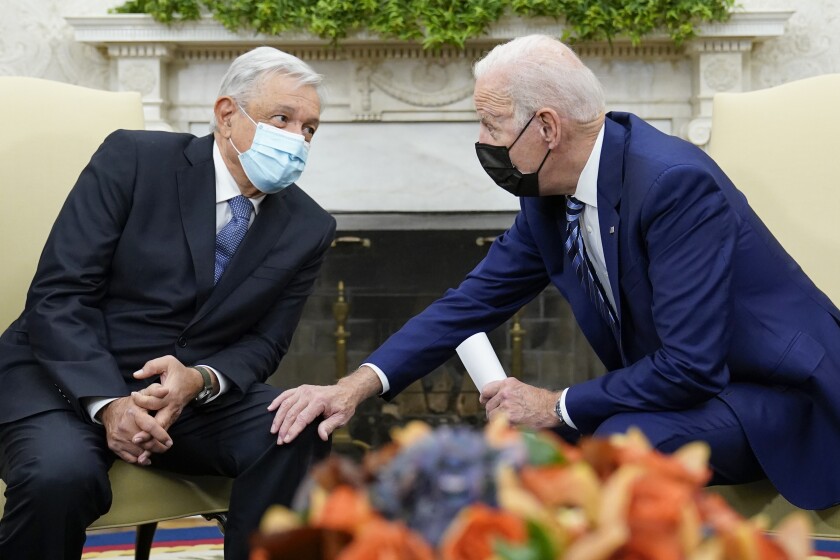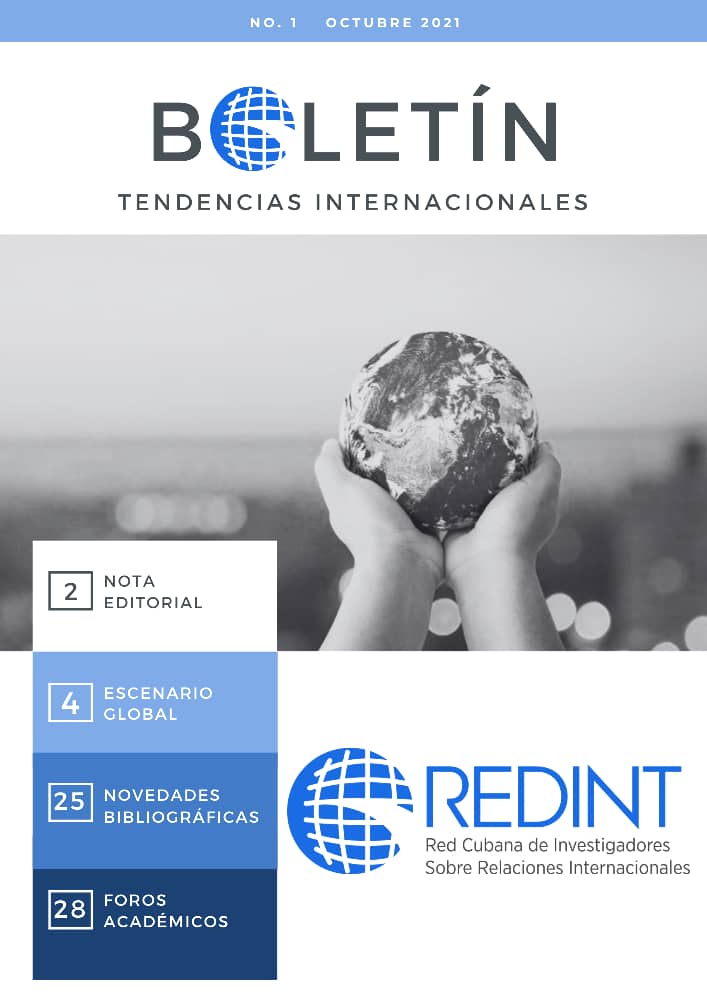Biden’s ‘Summit of the Americas’ showcases failed Cold War worldview
The Ninth Summit of the Americas, hosted by President Biden last week in Los Angeles, was in trouble even before it convened
Profesor de la American University
The Ninth Summit of the Americas, hosted by President Biden last week in Los Angeles, was in trouble even before it convened. Planning for it was erratic, with no clear theme or agenda in place until the last minute. Invitations went out just a few weeks before the event, delayed because of a very public controversy over whether Cuba, Nicaragua, and Venezuela would be included. In the end, they were not.
Senior U.S. officials hinted early on that the Summit would be restricted to “democratically elected leaders.” That prompted pushback from a number of Latin Americans, foremost among them Mexican president Andrés Manuel López Obrador. Although the host nation sends out the Summit invitations, some Latin Americans regarded the decision to exclude the three governments as an abuse of the host’s prerogatives.
To mollify López Obrador and others who voiced similar concerns, the White House toyed with the idea of inviting Cuba to send a lower level official, or participate as an observer. Not surprisingly, Cuba rejected this second-class citizenship even before it was offered. López-Obrador politely declined to attend the Summit, sending his foreign minister instead. The presidents of Honduras, Guatemala, and El Salvador declined as well. At the Summit, other heads of state openly criticized Washington for not inviting all the nations of the Americas.
Irregular migration was a main focus of the Summit, but between them, the countries excluded and those whose presidents stayed home accounted for 69 percent of the migrants encountered by U.S. Customs and Border Protection in April — nearly 180,000 people. Trying to formulate a strategy to stem irregular migration without engaging the governments of the migrants’ home countries is a recipe for failure.
Other issues on the Summit’s agenda — environmental protection and climate change, public health, organized crime — are also transnational problems that cannot be effectively addressed unilaterally. Therein lies the flaw in Biden’s Wilsonian disposition to only engage with democracies. Sometimes you have to engage with governments you don’t like in order to deal with urgent problems. President Obama understood this; during his last two years in office, his administration signed 22 bilateral agreements with Cuba on issues of mutual interest. Trump cut off substantive diplomatic engagement with Cuba, and Biden has yet to resume it on any issue besides migration.
Biden has a long-standing faith in democracy. Like President Woodrow Wilson before him, he believes the United States has a mission to support and foster democracies abroad. To advance that cause, he convened a Summit for Democracy in December 2021, hosting delegations from over 100 countries (again excluding Cuba, Nicaragua, and Venezuela, along with El Salvador, Guatemala, Honduras, and Bolivia). There, he announced new foreign assistance programs aimed at promoting democracy around the globe. “Democracy needs champions,” he told the opening session, calling the defense of democracy, “the defining challenge of our time.”
Biden’s commitment to democracy is laudable, but Washington always sees democracy through the prism of its own self-interest. It is no accident that the three countries Washington excluded from the Summit of the Americas are ruled by self-described governments of the left. Biden, after all, is a politician who came of age at the height of the Cold War, when Washington rationalized alliances with right-wing authoritarians as necessary to fight against communism.
Brazil, Colombia, El Salvador, and Haiti — right-wing governments with questionable democratic credentials, authoritarian leaders, and poor human rights records — were all invited to the Summit of the Americas.
The controversy surrounding the exclusion of Cuba, Venezuela, and Nicaragua is eerily reminiscent of the controversy over Cuba’s exclusion from the 2012 Summit in Cartagena, Colombia. Back then, Latin American heads of state publicly scolded President Obama for insisting that Cuba be excluded, warning that they would boycott the next Summit unless Cuba was invited. That rebellion against U.S. leadership contributed to Obama’s decision to begin normalizing relations with Havana in 2014. Will Biden draw a similar lesson?
At every Summit since the first in 1994, the U.S. president has extolled the virtues of cooperation, assuring his Latin American counterparts that the United States wants a new partnership based on equality. But Washington’s perennial demand that Cuba be excluded, despite the overwhelming Latin American consensus to the contrary, gives the lie to that fine sentiment. For Latin Americans, the exclusion of Cuba, Venezuela, and Nicaragua is symbolic of Washington’s continuing “hegemonic presumption,” as scholar Abraham Lowenthal put it. Announcing his decision to skip the Summit, López Obrador called Washington’s insistence on controlling participation “a continuation of the old policy of interventionism [and] of lack of respect for nations and their peoples.”
Biden’s problem is that the United States no longer enjoys the political or economic dominance that enabled it to dictate the terms of hemispheric relations, and Latin Americans are no longer willing to simply accept Washington’s priorities as their own. Rebuilding U.S. leadership in the Hemisphere will require that Washington confer with its neighbors and genuinely listen to them rather than dictating to them. Occasionally, it will require Washington to take the unfamiliar and uncomfortable step of deferring to them.
Región: América Latina





Déjanos tu comentario